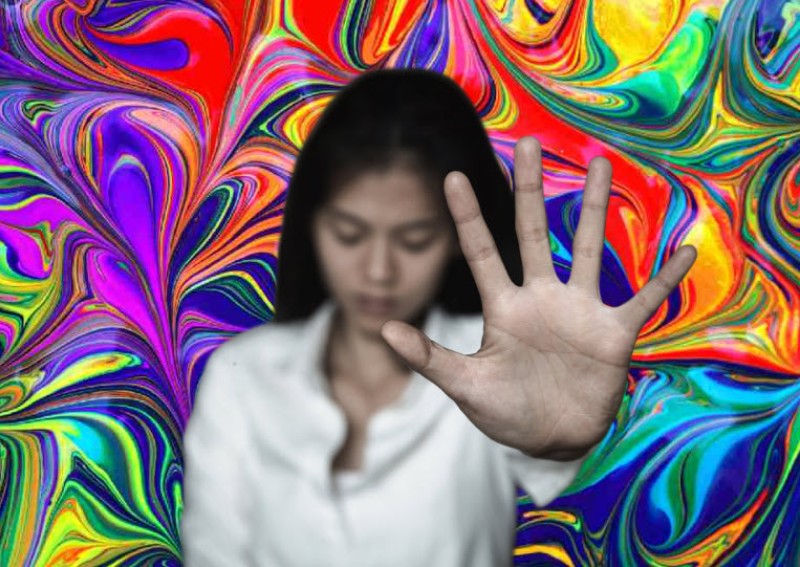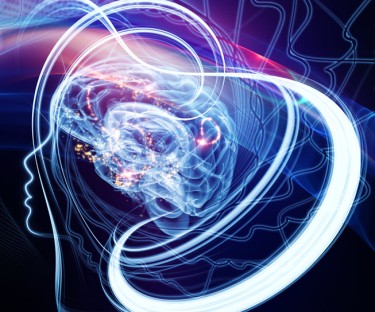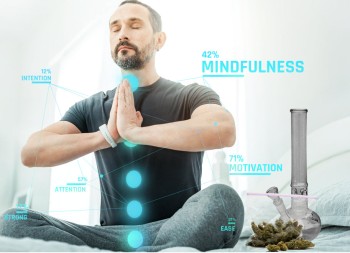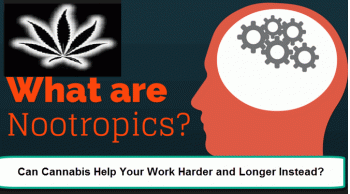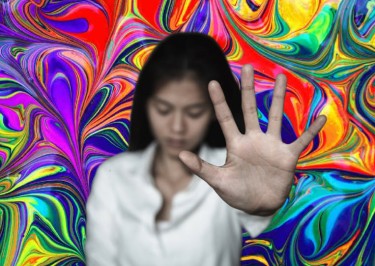
Just One Magic Mushroom Dose Enough To Treat Depression For Weeks, Says New Study
Depression affects millions of people worldwide.
Some people who experience severe depression are so debilitated by it, that it can even force people to take leaves off of work. Conventional pharmaceutical drugs that are designed to treat depression are available and widely used, but these drugs may not work well for everyone. In most cases, depression drugs can take anywhere from 2 weeks of regular dosage, to as long as 6 months for patients to see significant improvement in their symptoms.
In addition, depression drugs also come with several unwanted side effects. Some common side effects include sleep problems, weight gain, or nausea – depending on the individual, it may go away on its own as the body becomes accustomed to taking antidepressants. However, other side effects tend to linger for much longer; these effects can be as debilitating as the depression itself or even worse. These include but are not limited to insomnia, drowsiness, fatigue, dizziness, constipation, and appetite loss.
But there’s good news: now that cannabis and psilocybin use is mainstream, there’s hope in the form of natural substances that act fast.
The studies of cannabis for depression are already quite well-established, so what about psilocybin? Unfortunately, most cities in the US still criminalize psilocybin use, but that hasn’t stopped scientists and medical researchers from building on promising studies that it can indeed help depression, even in treatment-resistant cases.
The results of a new study, which were published in the respected Journal of the American Medical Association (JAMA), is among the latest of several that prove you only need minimal psilocybin doses to treat depression. This study specifically found that just one dose of magic mushrooms is all you need for long-lasting relief from depression. For the trial, researchers studied 104 adults with major depressive disorder (MDD), whose symptoms ranged from moderate to severe. They were assigned to take either low dose synthetic psilocybin or a placebo, given at random. Additionally, all participants were provided with psychological support throughout the trial.
“This drug can be extracted from magic mushrooms, but that is not the way our compound is generated. It’s synthesized in a purely chemical process to produce a crystalline form,” explains co-author Dr. Guy Goodwin, who is also a University of Oxford professor emeritus of psychiatry and chief medical officer for COMPASS Pathways.
The study is one of the biggest and most thorough of its kind to date. The study’s authors were pleased to discover that the participants who were given a single psilocybin dose saw improvements in symptoms that lasted as long as 6 weeks.
“Psilocybin treatment was associated with a clinically significant sustained reduction in depressive symptoms and functional disability, without serious adverse events,” reads the study. “These findings add to increasing evidence that psilocybin – when administered with psychological support – may hold promise as a novel intervention for MDD,” the study concluded.
Given how common it is for patients with depression to see no success with pharmaceutical drugs and modern treatment, it’s time to look for alternatives.
“Psilocybin could provide hope for those who have not responded to other treatments, and it could also present a viable option for individuals seeking to avoid long-term treatment with standard antidepressants. We see a signal of benefit suggesting that psilocybin may be a new option to aid people in all stages of their struggle with depression,” explains Dr. Raison, a psychiatry professor at the University of Wisconsin School of Medicine and Mental Health, also a corresponding author of the study.
Meanwhile, results were published in December 2022 of a similar study. Patients who had treatment-resistant depression were given one dose containing 1mg, 10mg, or 25mg of psilocybin; they were also given psychological support in the form of therapy sessions which lasted 6 to 8 hours. The study lasted three weeks and took place among 233 adults in 10 countries. Ninety percent of them never took psilocybin before.
The researchers found that the patients who were given 25mg psilocybin saw improvements in their depression scores, based on the Montgomery-Asberg Depression Rating Scale (MADRS).
Enter The Psilocybin Revolution
Modern antidepressants take weeks for them to work in the human brain, whereas psilocybin acts immediately. Many patients only need an adequate, strong enough dose just once for psilocybin to work its magic.
One has side effects, the other doesn’t.
What would you choose?
It’s clear that the medical and scientific community sees the therapeutic potential of psilocybin because, put simply, antidepressants don’t work.
In fact, there is even one study that pitted both psilocybin and antidepressants against each other. The study, published in the New England Journal of Medicine, was led by David Nutt, and Robin Carhartt-Harris, together with other researchers all from the Imperial College London. Over the course of 6 weeks, 59 patients were divided into two groups and studied. One group was given a full psilocybin dose, while the other was given escitalopram, a common SSRI antidepressant, daily.
Several accepted measures were used to gauge depression symptoms among patients. However, they found that the group who were given psilocybin revealed significantly bigger reductions in depression symptoms specifically anhedonia, suicidality, and scores based on the MADRS as well as the Hamilton Depression Rating Scale.
Conclusion
There is no doubt that psilocybin is taking the mental health industry by storm. Millions of people, who may have seen no hope before because of depression, may soon be able to look forward to a brighter future thanks to this humble fungus. The next step is to legalize it.
MORE ON PSYCHEDELICS FOR DEPRESSION, READ ON...
PSYCHEDELICS FOR DEPRESSION AND ANXIETY, WHAT'S ON THE MARKET?
